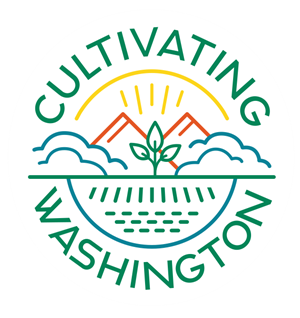On January 27, 1969, the University of Washington resumes selling grapes at its food concessions in response to pressure by campus Young Republicans.
Eleven days earlier, the selling of grapes was discontinued at UW due to requests from the United Mexican-American Students as part of a national boycott. The nationwide effort was led by Cesar Chavez of the United Farm Workers Union against table-grape growers, protesting the rights and poor working conditions among Mexican American and Latino farmworkers.
The national boycott lasted until 1970, when growers finally agreed to allow farmworkers the right to collectively bargain.
Sources:
Walt Crowley, Rites of Passage: A Memoir of the Sixties in Seattle (Seattle: University of Washington Press, 1995), 265.
Licensing: This essay is licensed under a Creative Commons license that
encourages reproduction with attribution. Credit should be given to both
HistoryLink.org and to the author, and sources must be included with any
reproduction. Click the icon for more info. Please note that this
Creative Commons license applies to text only, and not to images. For
more information regarding individual photos or images, please contact
the source noted in the image credit.

Major Support for HistoryLink.org Provided
By:
The State of Washington | Patsy Bullitt Collins
| Paul G. Allen Family Foundation | Museum Of History & Industry
| 4Culture (King County Lodging Tax Revenue) | City of Seattle
| City of Bellevue | City of Tacoma | King County | The Peach
Foundation | Microsoft Corporation, Other Public and Private
Sponsors and Visitors Like You

